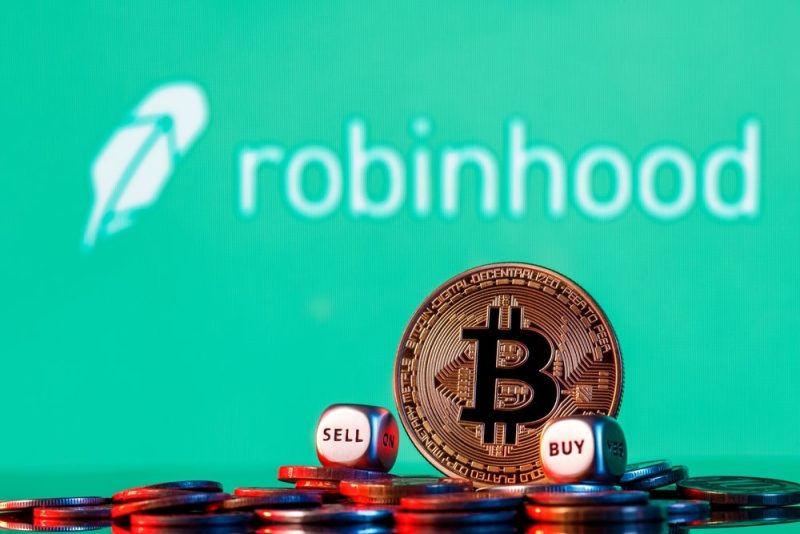
Robinhood Markets Inc. (HOOD) experienced a significant setback this week, falling over 7% in the last five trading sessions after failing to secure a spot in the S&P 500 index for the second time. This rejection, while initially disappointing for investors, might actually be overlooking a potentially game-changing development for the company.
The recent news that Interactive Brokers Group Inc. (IBKR) gained entry into the prestigious S&P 500 index instead of Robinhood highlights the competitive landscape and the index committee’s discerning choices. A place in the S&P 500 is a coveted position, often translating into increased investment from passive index funds and broader market exposure. However, this snub doesn’t tell the whole story.
Cathie Wood’s Ark Invest, known for its bold investment strategies, sees a different narrative emerging for Robinhood. They are focusing on Robinhood’s strategic partnership with Kalshi, a platform that offers event contracts on sporting events, creating a federally regulated prediction market. Ark believes this move could revolutionize the intersection of sports and finance, potentially disrupting the multi-billion-dollar sports betting industry.
This new venture is strikingly different from traditional sports betting. Unlike DraftKings and FanDuel, which are subject to a complex patchwork of state gambling laws, Robinhood’s offering is regulated by the Commodity Futures Trading Commission (CFTC). This federal regulation allows for nationwide access and a much smoother operating environment compared to the fragmented state-by-state approach of existing sportsbooks.
Ark Invest’s analysis also points to a potentially more economical model for bettors. Robinhood’s flat $0.02 fee per contract is significantly lower than the 4-6% margin, or “vig,” embedded in the odds of traditional sportsbooks. This lower fee structure could attract more users and significantly increase the profitability for users. This, coupled with the broader access afforded by federal regulation, may create a disruptive force in the industry.
Despite the recent stock price dip, Robinhood’s year-to-date performance shows a staggering 173.68% increase. While Benzinga’s Edge Stock Rankings show a strong price trend in the short, medium, and long term, the value rankings are lower, suggesting a need for further evaluation. The overall picture remains complex, with near-term market pressures counterbalanced by the potential for long-term growth through its innovative sports betting strategy.
The market’s reaction to Robinhood’s exclusion from the S&P 500, while understandable, might be short-sighted. The long-term potential of this new venture, as highlighted by Ark Invest, could be a catalyst for significant growth, making this setback a potential setup for a more exciting future.









